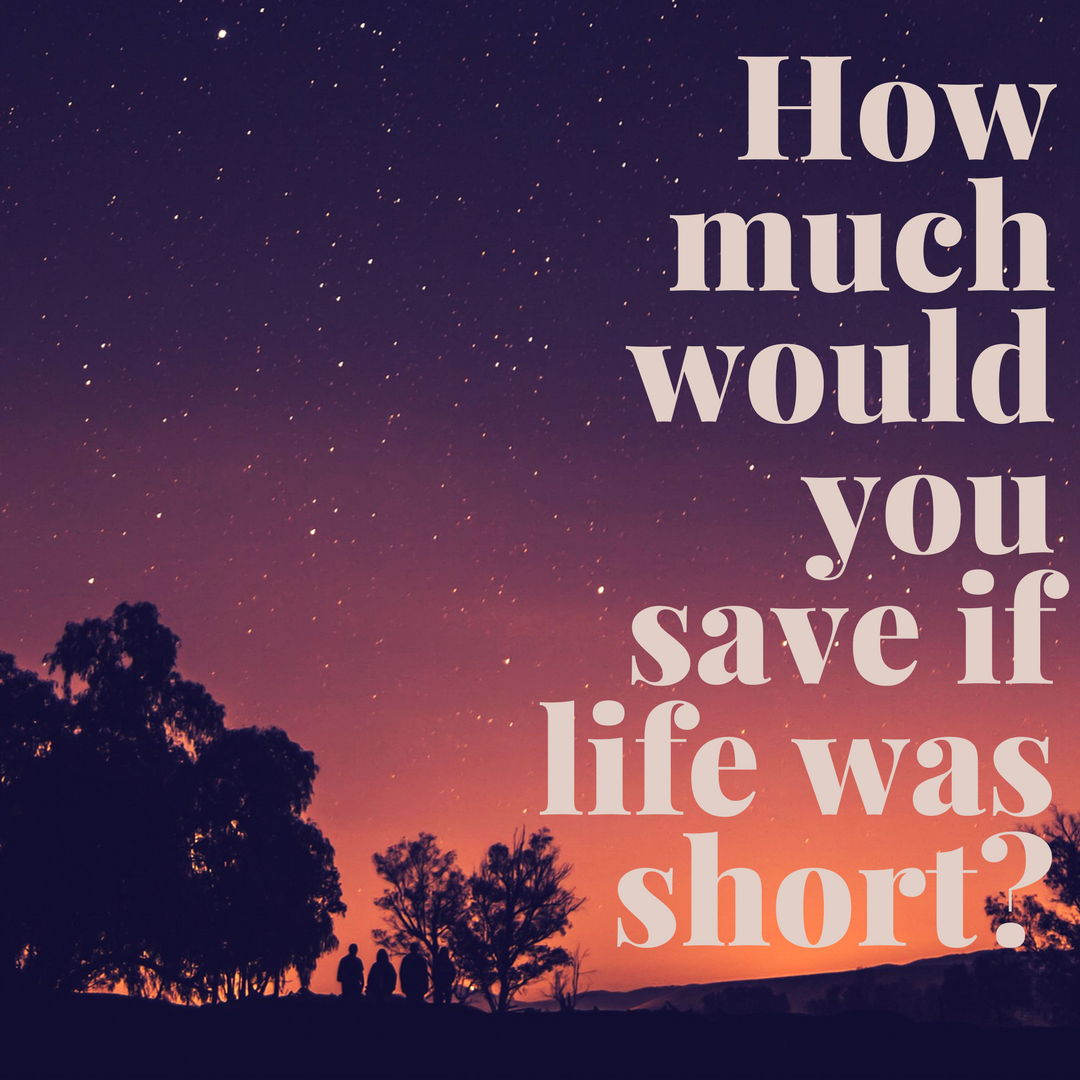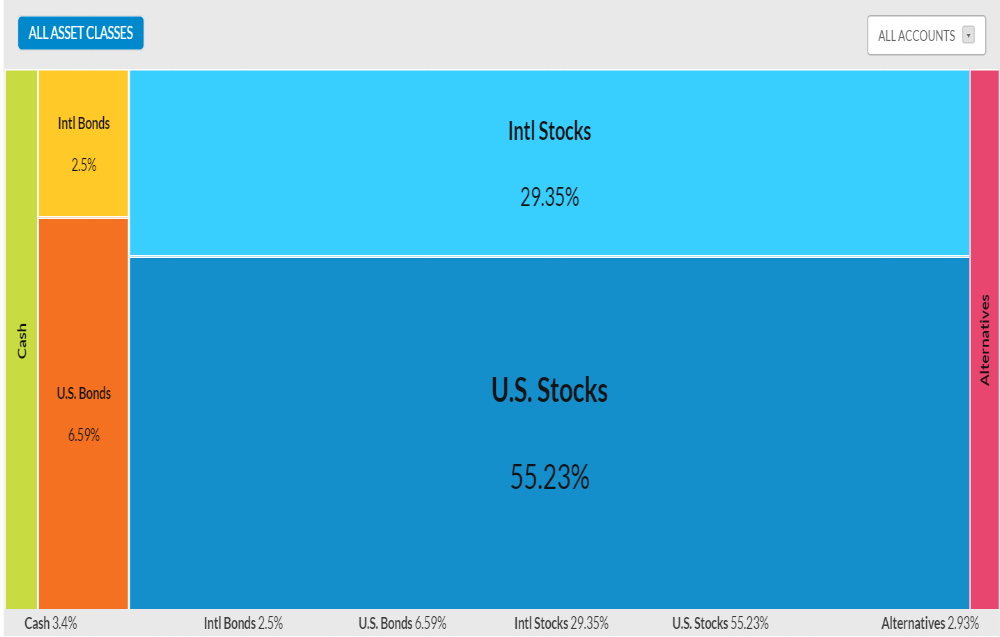How Dumb Are We With Money?
Our Unreasonable View Of Money
Why are we so bad at money? Well maybe not YOU, because you took the time out of your day to read this, but society as a whole. There are many outrageous things that people do and do not believe in, but normally there involves some type of rationale or faith. With money, I see that what little understanding we do have is often misguided. Today, I want to focus on two main topics. Writing things off on taxes & promotions we receive based on our spending.
They Only Donate For The Tax Benefits
With the election so fresh in our memories, sorry if you’re in the “I’m trying to forget” camp, we can probably recall a lot of this rhetoric. When someone gives dollars to an organization, the public screams that they’re just doing it to avoid taxes. This is an outlook that I often see directed at the wealthy. This is kind of scary in a couple aspects. First, what does that say about us as a society? We really believe that rich people are incapable of donating money? Have we all been so scorned by rich people that we hate and distrust them? Second, is our financial understanding really so low that we believe giving $100 is somehow going to make us $101?
Let’s Walk Through The Numbers
Let’s keep this simple and step through an example only applying the federal tax rates. If I make $500k then I am in the highest tax bracket and pay 39.6% tax rates. Tax brackets work in steps so I’m not actually paying 39.6% on the entire $500k, only on the money above $470k which is the bottom of the highest bracket. This means I would be left with $356,492. For every dollar I donated and thus wrote off on taxes, I would save $0.396 until I donated $30,000 which would put me below that magic $470k threshold. So if I donated $30k my tax burden would drop from $143,508 -> $131,628 which sounds pretty nice. The bad news is the money in my pocket also dropped from $356,492 -> $338,372. So while it’s true that the government is essentially matching their donations at a higher level, rich people a are somehow advancing because of it.
Analogies Are My Favorite Educator
Maybe when I say simple example and then bring in numbers I still lose some of you. To make this crystal clear, let’s use an analogy. Imagine a person walking by a man sitting at a table who is super fit. At that table, the super fit guy is eating a triple cheeseburger. Now an onlooker starts rambling in disgust that the man is only eating the cheeseburger because he wants to burn calories chewing it. How insane does that sound? Why would you intake hundreds of calories simply to save a couple? That’s literally what people are doing when they put rich people in this category of giving simply to write off taxes.
What about Tina Fey?
That heading probably seems extremely random I know. Tina Fey is an important subject in the second area that talks about spending money simply to get rewards. In her most recent commercials with American Express she wants people to let her buy things for them. In return she gets anywhere from 1-3% cash back. She acts like they are doing her a favor by letting her purchase things because she’s getting those promotional points. Marketing people are not stupid and in a world of big data they probably have a ton of stats to back up why they sell things the way they do. All this can possibly mean is that the majority of people don’t immediately see the insanity of buying something just to save some money.
Those People Are Yuppies, But Not Me
Most people I hope when setting down and thinking about it would know instantly that it makes no sense to spend $100 to simply get $1-3 back in credit card rewards. It’s so simple when you logically think about it. The problem is that there are very similar scenarios hiding all over the place that we let slip right past our logic. We too often feel like we are coming out so far ahead on a purchase without stopping to realize that a retailer isn’t doing us a favor, that they indeed did just make money off of us.
You Can Go Broke On Deals
We’ve all seen the deals where items are something like 3 for 1. Somehow we logically think we’re getting the second one for $2 even though obviously they average $2.50 apiece. Even if you understand that, you may still feel like you’re getting a heck of a deal. The only certainty is that you just spent an extra $2. If the main reason you’re buying 2 is because of the price and not an actual need, chances are you should put it back. I’m not immune to this at all. Back in college, the new “daily deals” section of Ebay became a figurative wrecking ball to my savings account. I would see these items with free shipping, no tax, delivered to my door for amazing prices. WHAT A VALUE! The only problem is that I forgot key components to value such as necessity, usefulness, and practicality.
So What?
I sit in a lot of meetings and sometimes I get to the end and I think “That was some good information but I’m not sure what I’m actually going to do with it”. This same feeling can be true with blog posts so I want to boil it down to simple action. When you are looking at a financial situation or deciding on a financial decision, really think about it. Think about your motivation to buy, think about the full spectrum of this decision, and focus more on what if you’re wrong about this choice than if you’re right. It’s easy to make ourselves believe someone in a better position is scheming for financial gains, and it’s easy to make ourselves believe a purchase is the right thing to do. From now on I want you to become an expert in devil’s advocacy. I want you to put yourself in someone else’s financial shoes and run the number. I want you to build the case AGAINST every spending decision you’re contemplating. That way only the true winners are allowed through. Really focus on the math when you run through both scenarios. What’s the dollar figure if I’m right or if I buy vs the dollar figure if I’m wrong or I hold off? Take this scenario and look at it long term, consider the second order effects, and most importantly make a decision instead of a reaction.
I do not make any guarantee or other promise as to any results that may be obtained from this content. No one should make any investment decision without first consulting his or her own financial adviser and conducting his or her own research and due diligence. Saving-Sherpa.com disclaims any and all liability in the event any information, commentary, analysis, opinions, advice and/or recommendations prove to be inaccurate, incomplete or unreliable, or result in any investment or other losses.







